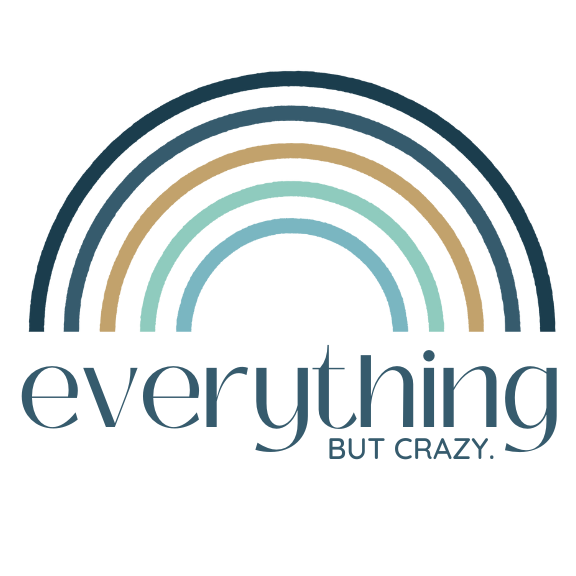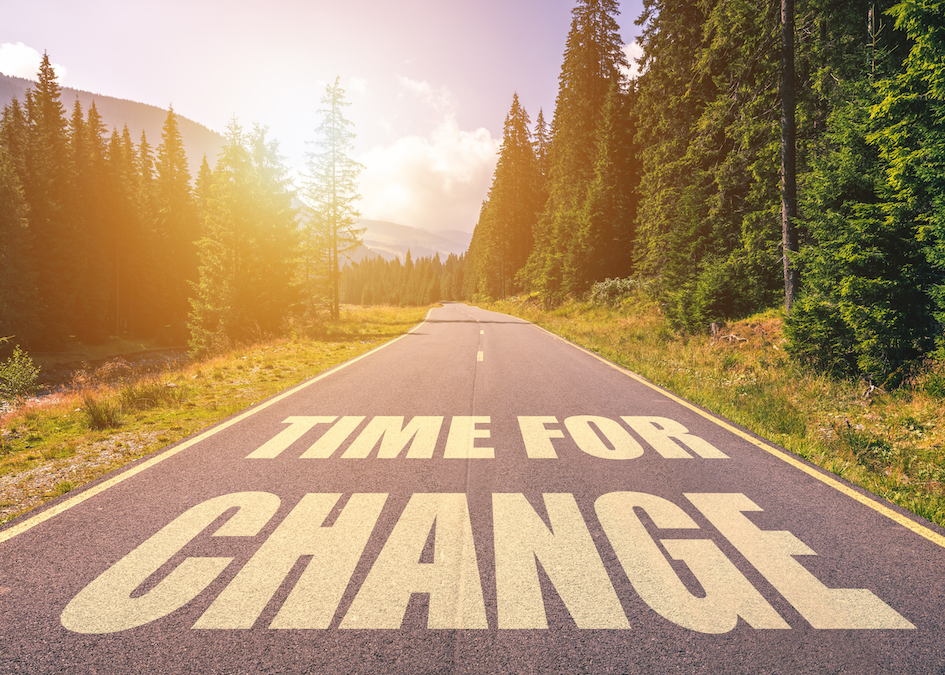Change is hard. And sometimes, it’s exceptionally hard, whether it’s about changing negative thoughts, changing how you react to conflict, or changing your self-care habits. So why is it so darn hard?
[PREFER TO WATCH THE VIDEO? Click here.]

Imagine sitting atop a snowy hill, sled in hand. In front of you lies a well worn sled path. You’ve been down this path a million times before. You set down your sled, pull up your feet, and go… gliding effortlessly down the hill. It requires no effort on your part, and no thought.
You then trudge back up the hill, and this time decide to try a brand new path. So you set down your sled, push off, and move ½ an inch. You push again, and get another ½ an inch. Another push, another ½ inch. The pattern continues as you move haltingly down this new path. It is effortful and intentional, and it is through dedication and commitment that you get down that hill.
If you decide to try that new path again, it will be slightly easier, but it won’t be that same easy glide down like the first hill. At least, not yet. But the more you go down that new hill, the quicker and easier it will become to slide down it. And if you keep choosing that path, over and over… and over again, eventually it will become even easier than that first path.
The pathways in our brain are just like that. All our go-to thoughts and habits are the easy, well-worn paths. When we try another path, like when we try to change our negative thinking, or modify our unhelpful ways of responding to other people, at first, it isn’t easy. In fact, it is painstakingly effortful. And if we interpret this effort as never-ending, we are likely to give up.
But if we remember that we are just in the beginning stages of forming a new pathway, knowing that each use deepens the foundation just a little bit more, we can find hope that this effort is worthwhile. And if we just keep going, it will lead to change.
____
Dana Basu, PsyD is a licensed clinical psychologist at EverGROW therapy and founder of Everything But Crazy, an online resource for parents. She provides individual therapy, support groups, and online resources for parents in Orange County and throughout the state of California via online therapy. She specializes in working with the highly sensitive person and people with difficult childhood experiences, trauma, parenting stress, and chronic guilt.

